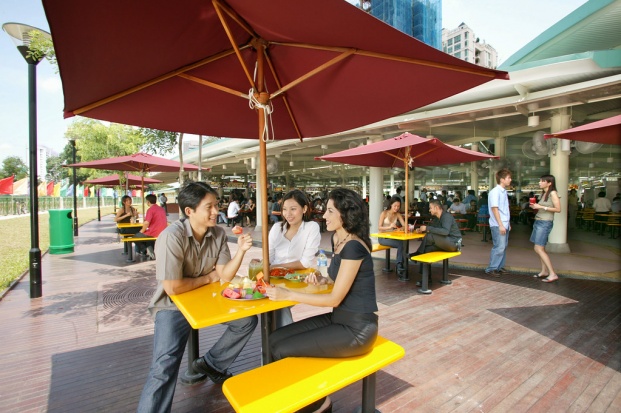Hawker culture in Singapore recognised by UNESCO
Hawker culture in Singapore has been inscribed on the UNESCO Representative List of the Intangible Cultural Heritage of Humanity.
The decision came during the 15th session of the Intergovernmental Committee (IGC), an event which was held online.
The 24-member committee adopted the recommendation by the evaluation body to inscribe hawker culture in Singapore on the list, and this was witnessed by representatives of 117 states parties and accredited non-governmental organisations to the 2003 Convention for the Safeguarding of the Intangible Culture Heritage.
Edwin Tong, chairman of the Singapore National Commission for UNESCO, said, “We are incredibly honoured that Singapore’s hawker culture has been officially recognised by UNESCO and shared with the world today.
“Hawker culture holds a special place in the hearts of Singaporeans from all walks of life, and is a living heritage that reflects our everyday experience and identity as a multicultural society.
“The nomination journey has also brought Singaporeans closer together and instilled a greater sense of pride for our hawker culture.
“But the journey does not end here.
“We will continue to recognise and celebrate the knowledge and cultural practices of the hawker trade, and ensure that future generations of Singaporeans can continue to appreciate, enjoy and cherish our hawker culture.”
More Information
The hawker culture in Singapore is a vital a way of life and has been for generations.
Hawker culture is shared by everyone living in the city, regardless of age, ethnicity and nationality.
Populated by passionate foodies, Singaporeans enjoy a wide variety of good food at affordable prices and hawker centres offer numerous cuisines.
Hawker culture originated from the early migrant population selling quick, affordable meals on street pavements, in town squares and parks.
Instead of mobile food carts, permanent stalls in open air buildings are now provided for the hawkers with either commonly shared or stall dedicated tables and chairs provided for patrons.
UNESCO describes the hawker centres as community dining rooms where people from diverse backgrounds gather and share the experience of dining over breakfast, lunch and dinner.
It is an important place for social interaction and community bonding.


















